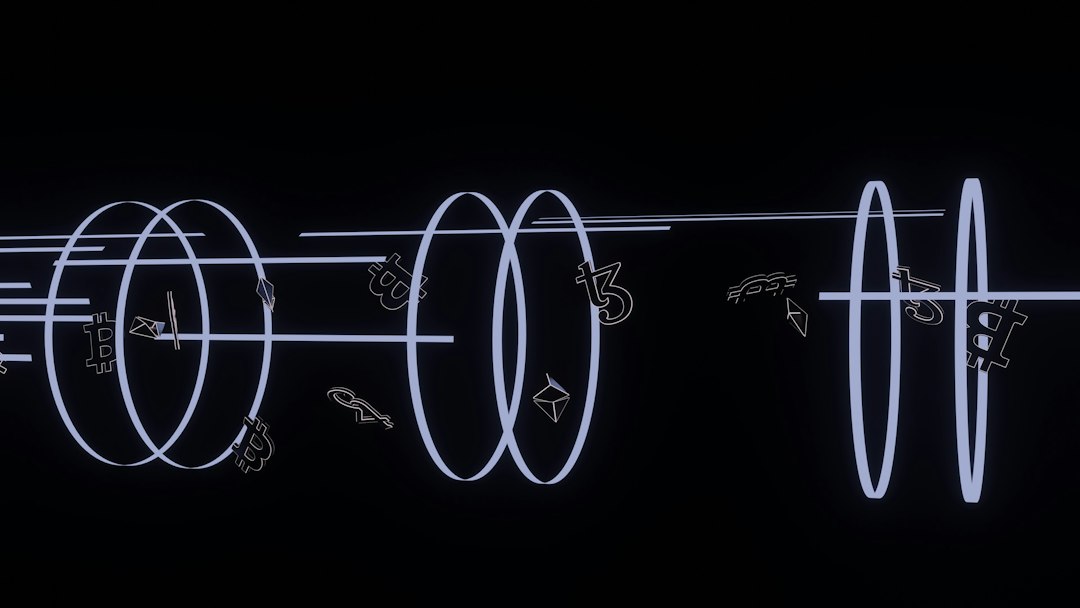Vitalik Buterin Proposes Change to Ethereum’s Proof-of-Stake System
Ethereum co-founder Vitalik Buterin has put forward a proposal to modify the proof-of-stake (PoS) system of the Ethereum blockchain. The main focus of his proposal is to reduce the number of signatures that validators need to process. Currently, there are around 895,000 validators on Ethereum, processing approximately 28,000 signatures per slot, which puts a heavy load on the network.
The Need for Change: Balancing Decentralization and Efficiency
The large number of validators and the associated signature load have significant technical drawbacks. It hampers quantum resistance, complicates forking, and makes scaling signatures through zero-knowledge proofs (SNARKs) challenging. Additionally, the high minimum requirement of 32 ETH to become a validator limits widespread participation.
Buterin suggests that reducing the signature requirement to about 8,192 per slot would simplify the consensus mechanism, enhance quantum resistance, and maintain a high total of slashable ETH (1-2 million ETH) as a means to ensure good behavior among validators.
Exploring Alternative Approaches: Decentralized Staking Pools and More
Buterin outlined three potential approaches for implementing this change:
- Decentralized Staking Pools: This method involves increasing the minimum ether required for staking, which encourages smaller validators to form pools and reduces the number of individual validators.
- Dual-Layer Staking System: A “heavy” layer would require a higher ETH stake (4,096 ETH) for participation in finalization processes, while a “light” layer would have no minimum requirement. This creates a balance between security and accessibility.
- Rotating Validator Set: This approach entails a rotating set of 4,096 validators for each slot, adjusting the set during each slot to ensure network safety.
Addressing Security Concerns
Buterin also highlighted the limitations of the committee-based security model used in other blockchains. This model randomly selects a group of validators for each slot, lacking accountability in case of a 51% attack. Ethereum’s current system, which imposes severe penalties for such attacks, is effective but may be excessively punitive. A balanced solution that maintains high slashable Ethereum while making concessions on validator accountability is necessary.
Hot Take: Simplifying Ethereum’s Proof-of-Stake Mechanism for Efficiency and Widespread Participation
Vitalik Buterin’s proposal to reduce the number of signatures required for validators on Ethereum’s proof-of-stake system aims to address technical downsides and promote decentralization. By simplifying the consensus mechanism and increasing quantum resistance, this change could improve the efficiency and scalability of the Ethereum blockchain. Additionally, exploring alternative approaches such as decentralized staking pools and a rotating validator set offers potential solutions to enhance network security while encouraging wider participation in staking. However, finding a balance between security and accessibility remains crucial to ensure the long-term success of Ethereum’s PoS system.





 By
By
 By
By

 By
By
 By
By
 By
By